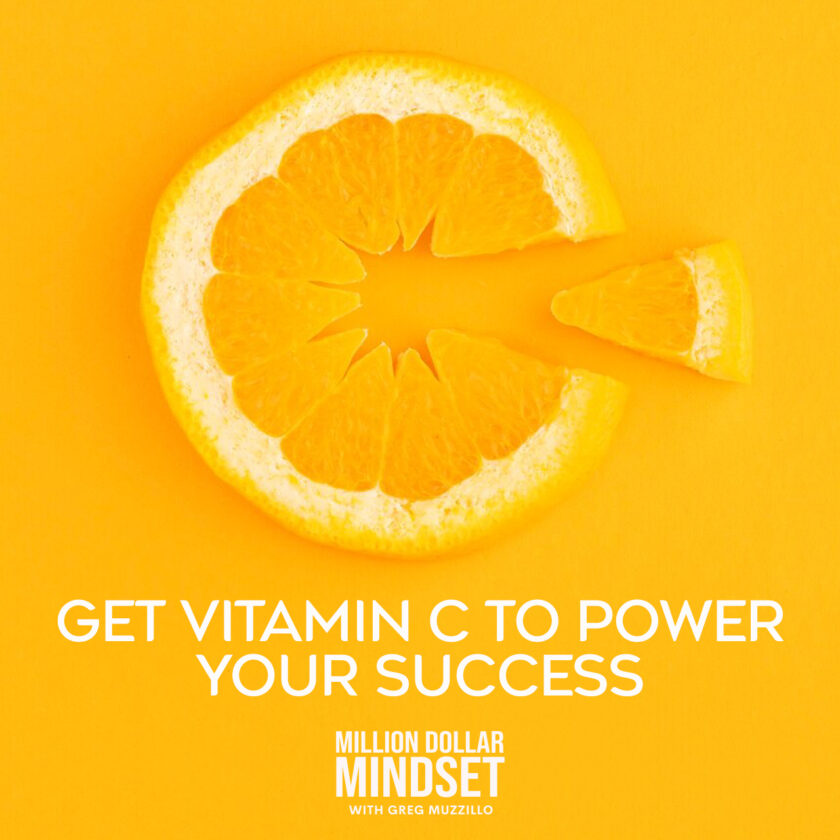Nonprofit organizations consistently rank as one of the top purchasers of promotional products. From fundraisers to donor gifts, there’s no shortage of potential selling opportunities. If you’re looking to grow your philanthropic promotional business, it’s important to know what the client is looking for, what products consistently perform well and what new ideas are growing in popularity. To help you answer these questions, we talked to Rosslyn Forrester, account executive for Gorilla Marketing, Riverside, Calif. Here are her thoughts on the nonprofits market.
Promo Marketing: What are your top three tips for selling and working with nonprofits?
Rosslyn Forrester: Understand the specific world of the nonprofit client, the challenges they face (legally and financially) and align your business proposals, quotes, etc. with their world. Make sure the item is relevant to the nonprofit and the people supporting it.
PM: Why are promotional products a good fit for nonprofits? How can promotional products help nonprofits achieve their goals?
RF: The correct item is practical, on-brand, viral and a constant reminder of a call-to-action for the recipients of the nonprofit they are supporting. Also, [the promotional products] are generally sponsored and/or fit within a special category of their budget, so they can provide a large ROI for the investment.
PM: What are nonprofits looking for with branded merchandise?
RF: A call-to-action. Awareness. Promotional products are far-reaching—the statistics of our industry show that they are rarely thrown away. They may be repurposed, which only increases the awareness for the nonprofit. PM: What types of promotional products are good for nonprofits, and why?
RF: In a general sense, anything that is used on a day-to-day basis that is a reminder of the nonprofit. Bags and drinkware are always successful. Something that the recipient uses daily or every other day. Apparel is also successful. People tend to reuse T-shirts, hats, etc. for exercising, sleeping or casual time—all a constant reminder of the nonprofit organization. That being said, if the nonprofit is for a specific cause, something that speaks to the brand is key. For example, one of my clients is a nonprofit environmental law association. We provide USBs with the content of their nonprofit goals/mission statement or event relevant information (versus paper) along with a reusable, eco-friendly tote bag to encourage going green.
PM: Do you suggest different promotional products for donor gifts versus fundraisers?
RF: Yes. Generally the donors have tiers of gifting. The donor gift is generally aligned with their donation level, as well as with the nonprofit brand. Donors often increase their donation to get the “golden ticket” gift. It is a gift that is given in return for an absolute commitment. Fundraisers are more about providing an introduction to the nonprofit itself, and offer a glimpse at what you, as a donor, can do for the organization and the ROI for your time and/or money. There is no commitment at a fundraiser, so the promotional product has to be enticing and desired. But, practically speaking, it can’t be a high-end item, just one that helps encourage donation. It can’t do that as a standalone, however.
PM: Do you think these promotional products are effective in earning and retaining donors?
RF: Yes, in general. … There are some people who won’t care, but the majority of people—human nature if you will—do like to be acknowledged in some way for their efforts. They keep giving and then keep coming back for more.
PM: Which branded products are your most popular for nonprofits?
RF: Bags, drinkware and apparel (T-shirts, caps) are always safe bets. Tech items (depending on the budget, and definitely as donor gifts) like power banks are hugely popular and successful.
PM: Are there any new promotional products you’ve seen recent success with?
RF: Tech items are very strong, anything wireless—from earbuds to speakers—that can enhance your experience with tech. Virtual reality and drones are popular right now on the high end.
PM: Is there anything distributors should know when it comes to selling to nonprofits?
RF: Understand their world. And it is, generally, a longer lead time and build up than our fast-turn industry is used to.



